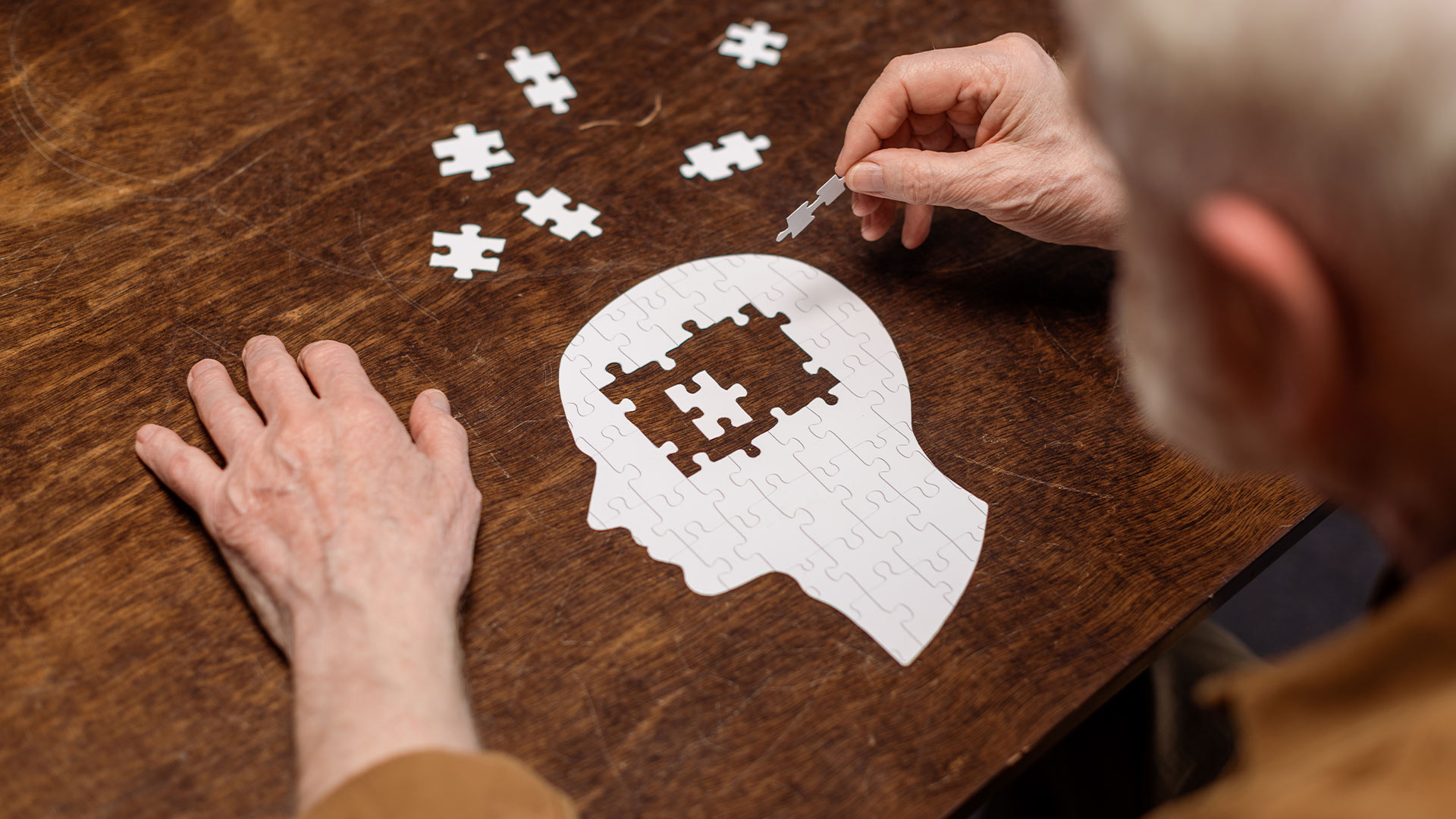We hit the gym for our bodies and maybe even meal prep for our skin, but how often do we think about training our brain? Just like muscles, your mind needs regular workouts to stay strong—especially if you want to keep things sharp as the years roll on.
Here’s the thing: cognitive decline doesn’t happen overnight. It’s a slow process, and the earlier you start exercising your brain, the better. But don’t worry—you don’t need a neuroscience degree or a Rubik’s Cube obsession to keep your brain youthful.
Let’s talk about five legit mental workouts that are easy to add into daily life—and actually fun.
1. Learn Something New (Yes, Again)
Your brain thrives on novelty. When you challenge yourself to learn something unfamiliar, you're literally creating new neural pathways. That’s neuroplasticity in action—the ability of your brain to adapt and reorganize itself.
You don’t have to learn Mandarin overnight. Try stuff like:
- Picking up a new recipe with ingredients you've never used
- Taking a free online class on photography or astronomy
- Learning to play a simple song on the ukulele
- Memorizing a poem or quote each week
Real-life example:
David, 62, started learning Italian on Duolingo “just for fun.” Two years in, he says not only has it boosted his confidence, but he’s also better at remembering names and where he left his keys. His wife noticed he’s quicker with jokes, too.
Small wins, big brain.
2. Use Brain-Training Games (But the Right Kind)
Not all games are brain games. Candy Crush might be satisfying, but it won’t exactly stretch your synapses.
Look for games that work your:
- Memory (think: matching cards or Simon Says–style apps)
- Logic (Sudoku, strategy board games like chess or Go)
- Language (word scrambles, crossword puzzles)
- Processing speed (reaction-based games or dual-task apps)
The key? Consistency. Even 10–15 minutes a day can make a difference over time.
Some solid, research-backed apps include:
- Lumosity
- Elevate
- Peak
- Brainwell
Bonus points if you play with someone else—social interaction + cognitive challenge = brain double win.
3. Do Mental Math in Your Head (Old School Style)
Calculators are great, but doing math in your head activates areas of the brain responsible for working memory and problem-solving.
You don’t have to do calculus while walking the dog. Try:
- Figuring out the tip at a restaurant without using your phone
- Estimating grocery totals before you hit the checkout
- Playing “math tag” with a kid in your life (trust us, it’s fun)
- Converting recipes (like doubling ¾ cup without measuring cups)
It’s the brain equivalent of stretching—it may seem small, but it keeps you nimble.
Cute fact: A study from the University of Oxford found that older adults who did simple arithmetic regularly had slower rates of cognitive aging, even compared to some who used brain-training apps. Math still wins.
4. Read Differently (Not Just Doomscrolling)
Reading is already great for your brain, but how you read makes a difference.
If you're only skimming news headlines or reading tweets, you're not giving your brain the depth it craves. Switch it up by:
- Reading aloud—it boosts memory and language function
- Switching genres (biographies, poetry, mystery, even graphic novels)
- Reading in another language, even if you're slow
- Joining a book club (yes, even a virtual one) to add a social layer
Also try active reading: highlight, take notes, or even summarize a chapter aloud. Engaging with the content helps your brain retain more and build new associations.
Real-life tip:
Anne, 70, said she started journaling short reflections on each chapter she reads. Not only does it make her remember more, but she says she’s noticed an uptick in how clearly she speaks during conversations.
Reading + reflection = brain sparkle.
5. Meditate with a Twist: Visualization & Recall
Meditation is often pitched as a way to “clear your mind,” but you can use it to train your mind, too.
Try this 2-part mental exercise:
- Visualization practice – Close your eyes and try to mentally walk through a familiar place (like your childhood home). Picture the details: wall colors, furniture, the smell of the kitchen.
- Recall challenge – Later in the day, test yourself. Can you name everything in your bedroom in order from left to right? What’s on your bathroom counter right now? Try drawing it out from memory.
Why it works: This activates your hippocampus (memory central) and strengthens spatial memory, which tends to decline with age.
It’s like memory training... but chill.
And bonus—it also reduces stress, which is huge because chronic stress literally shrinks parts of the brain over time.



